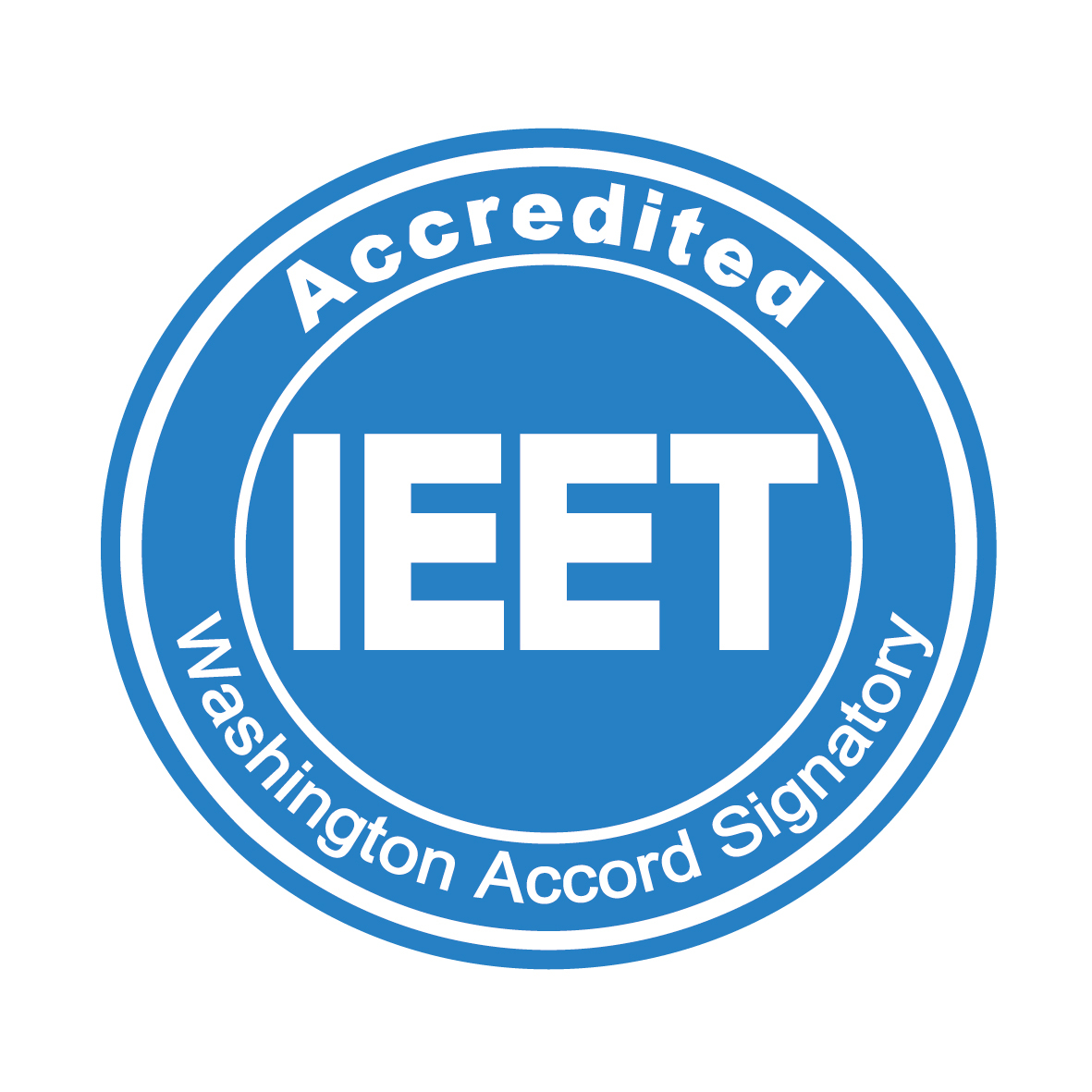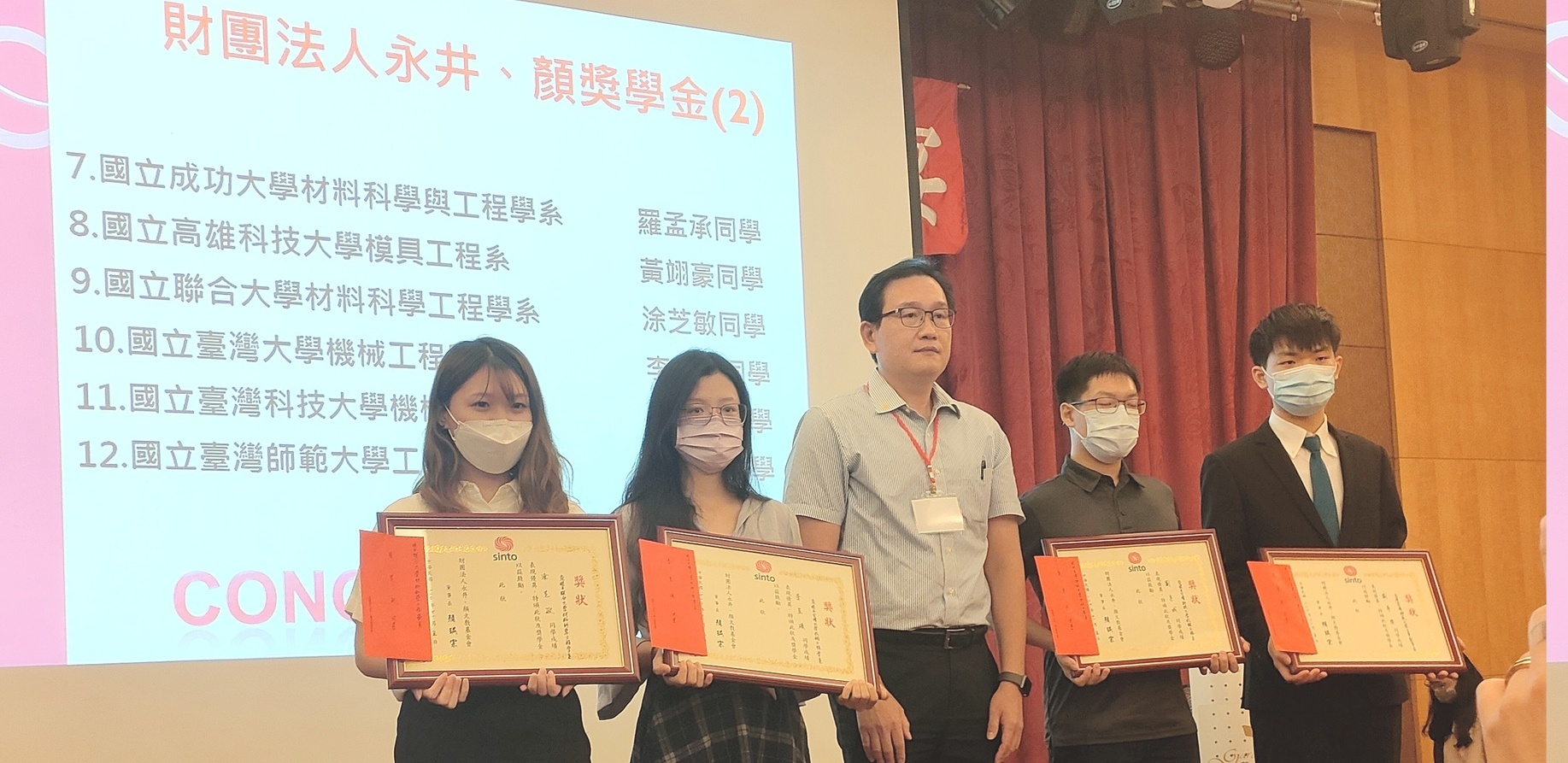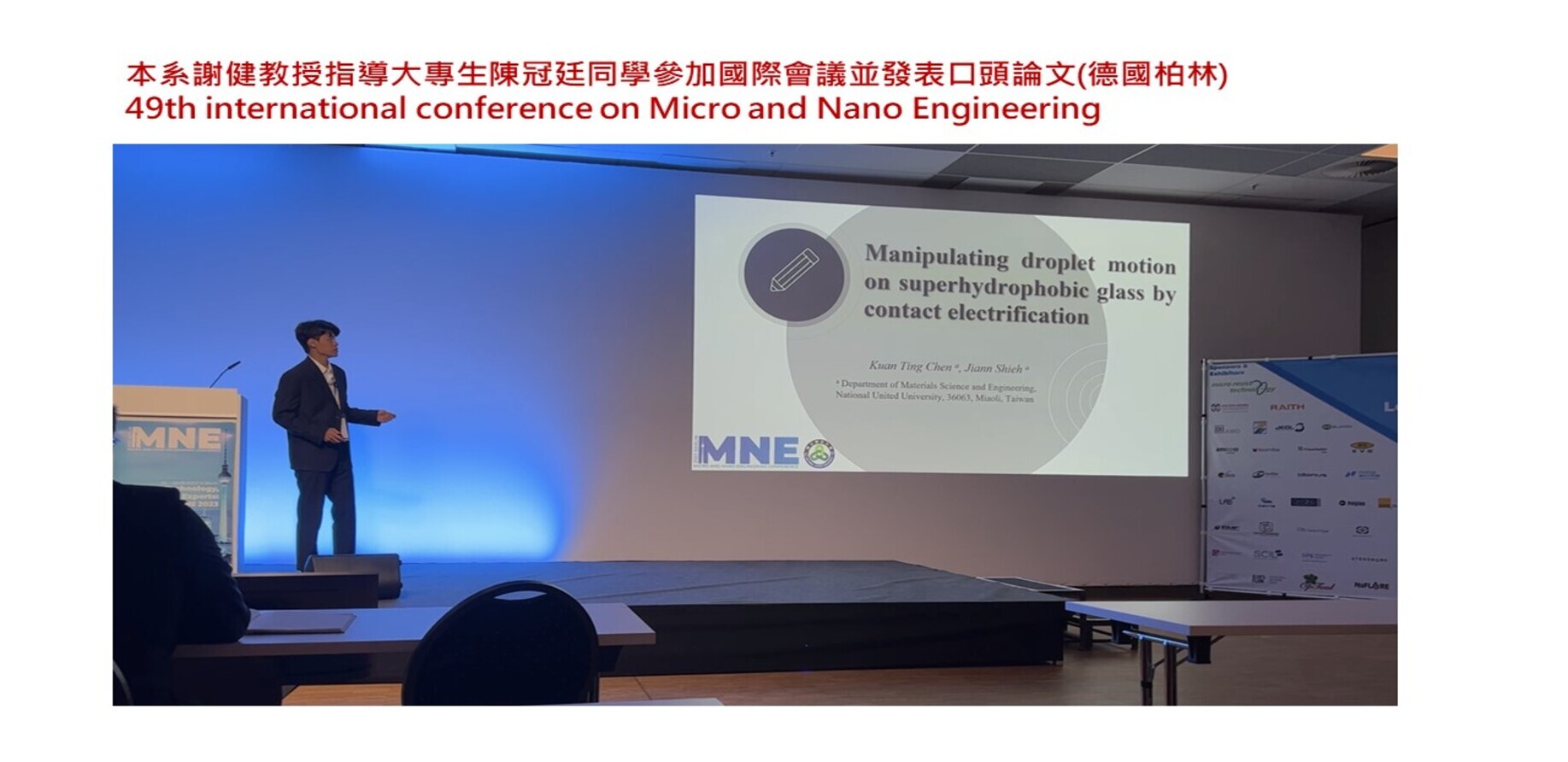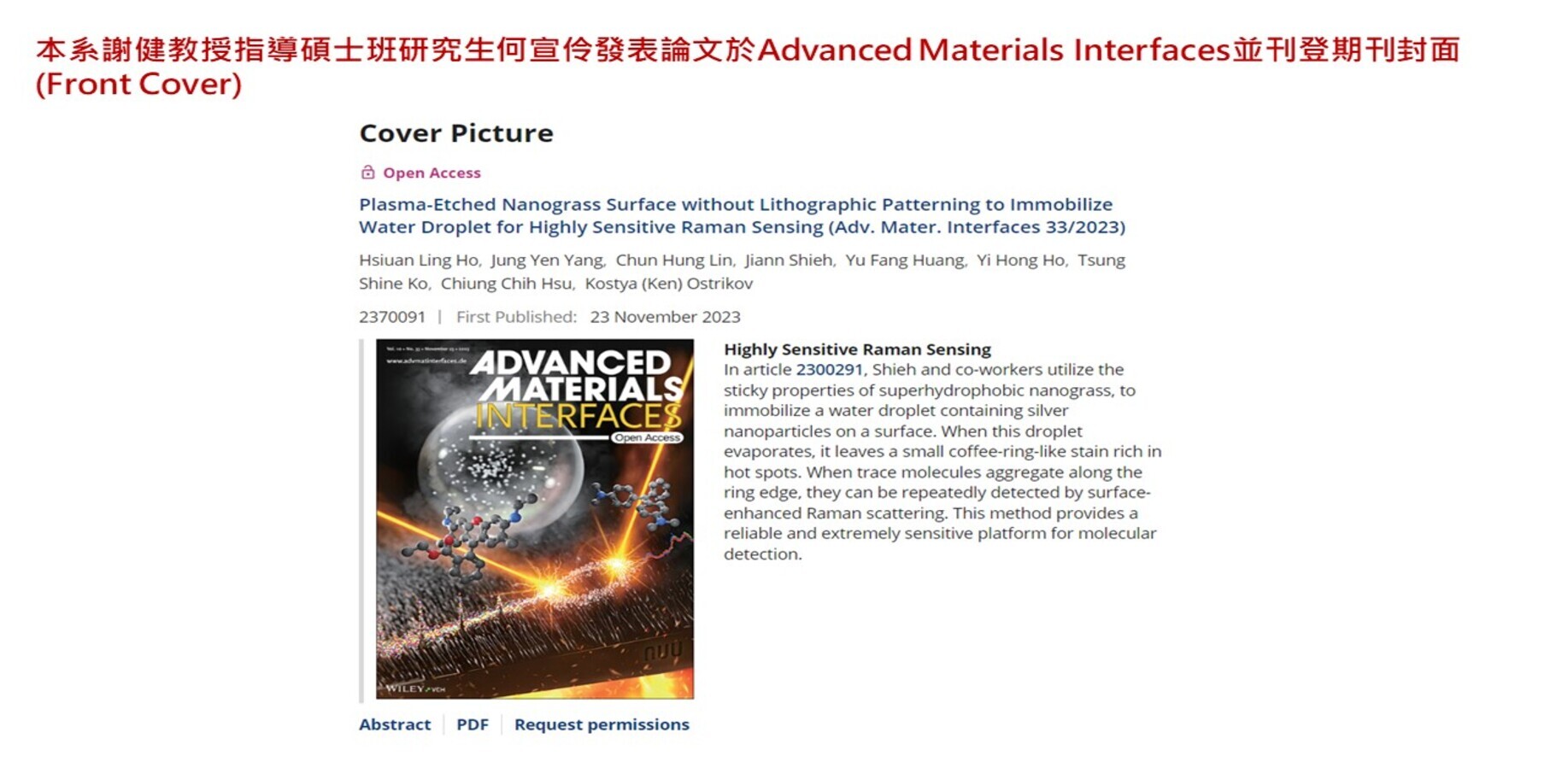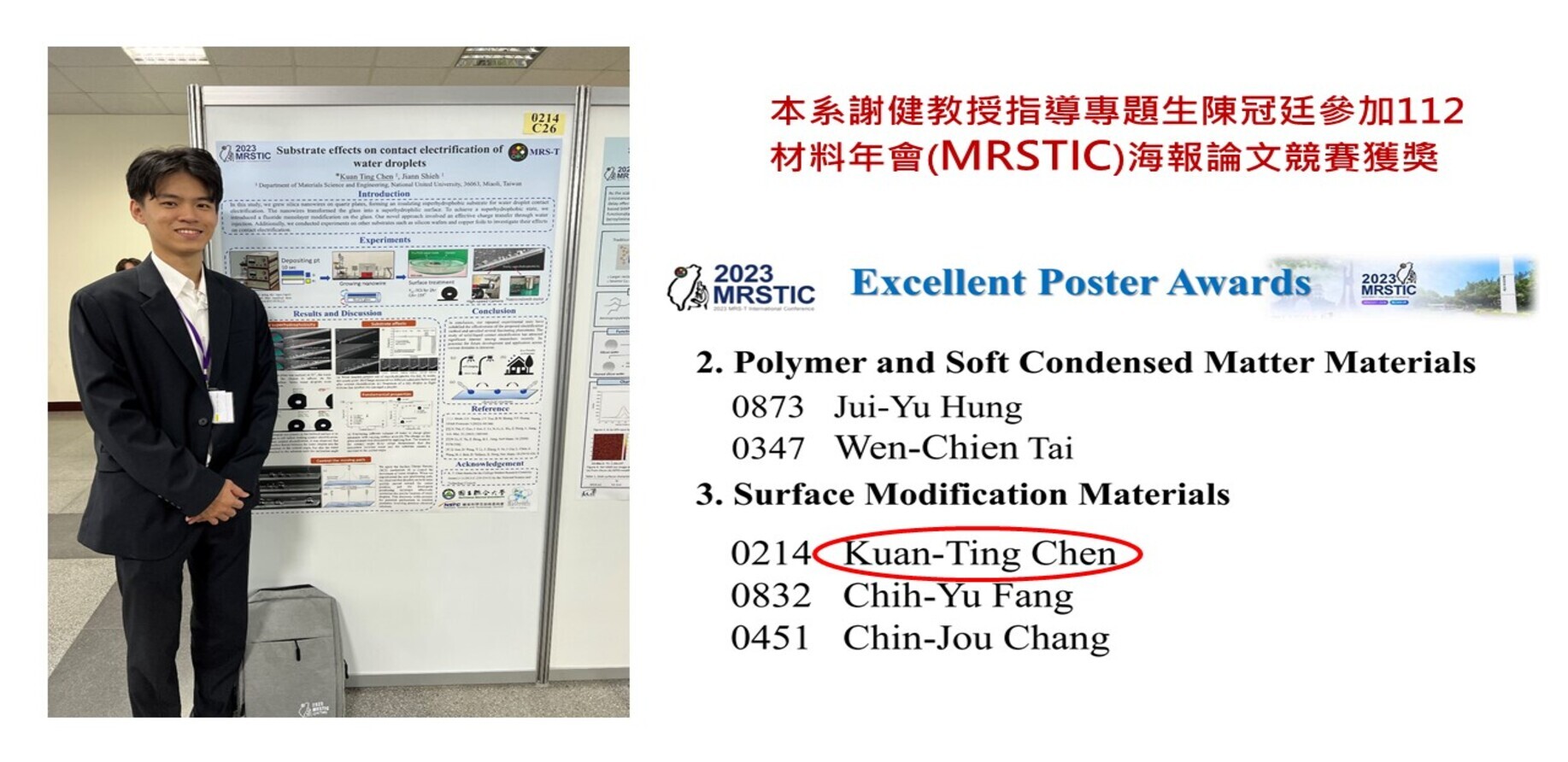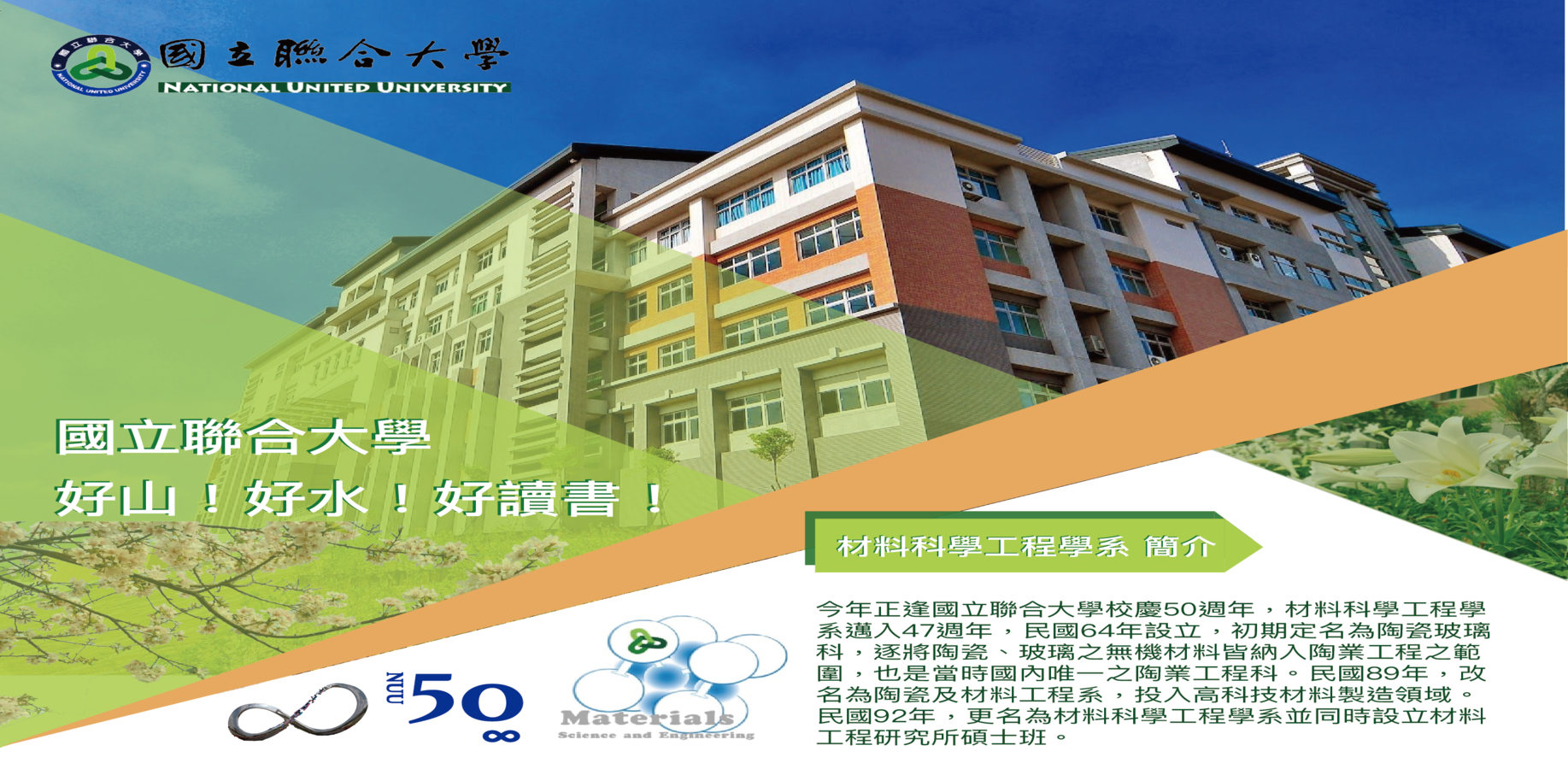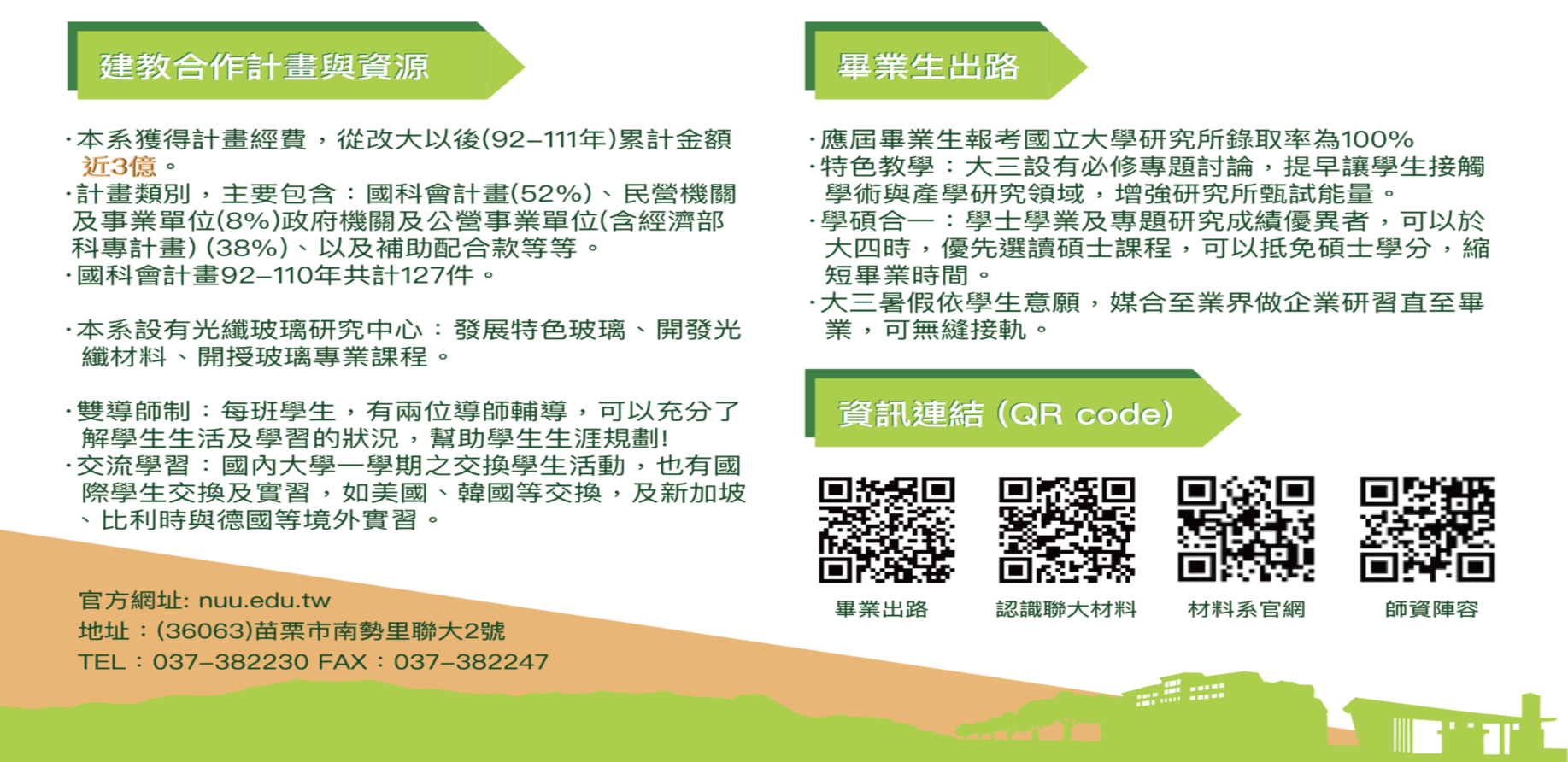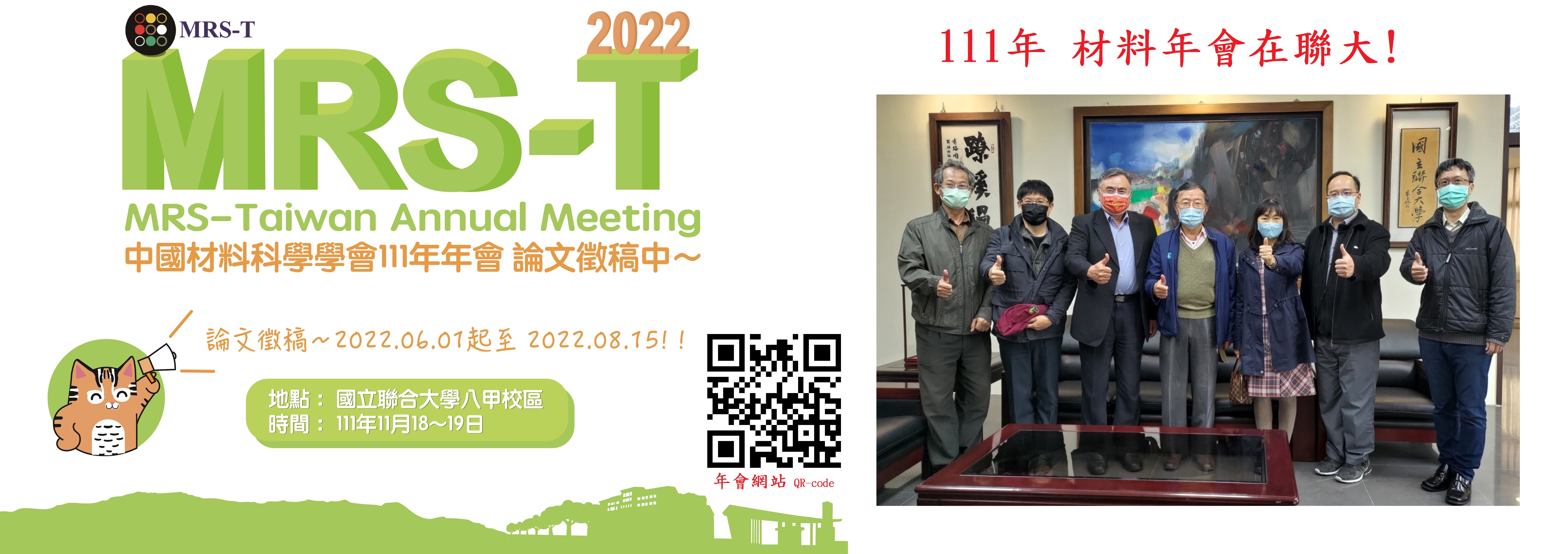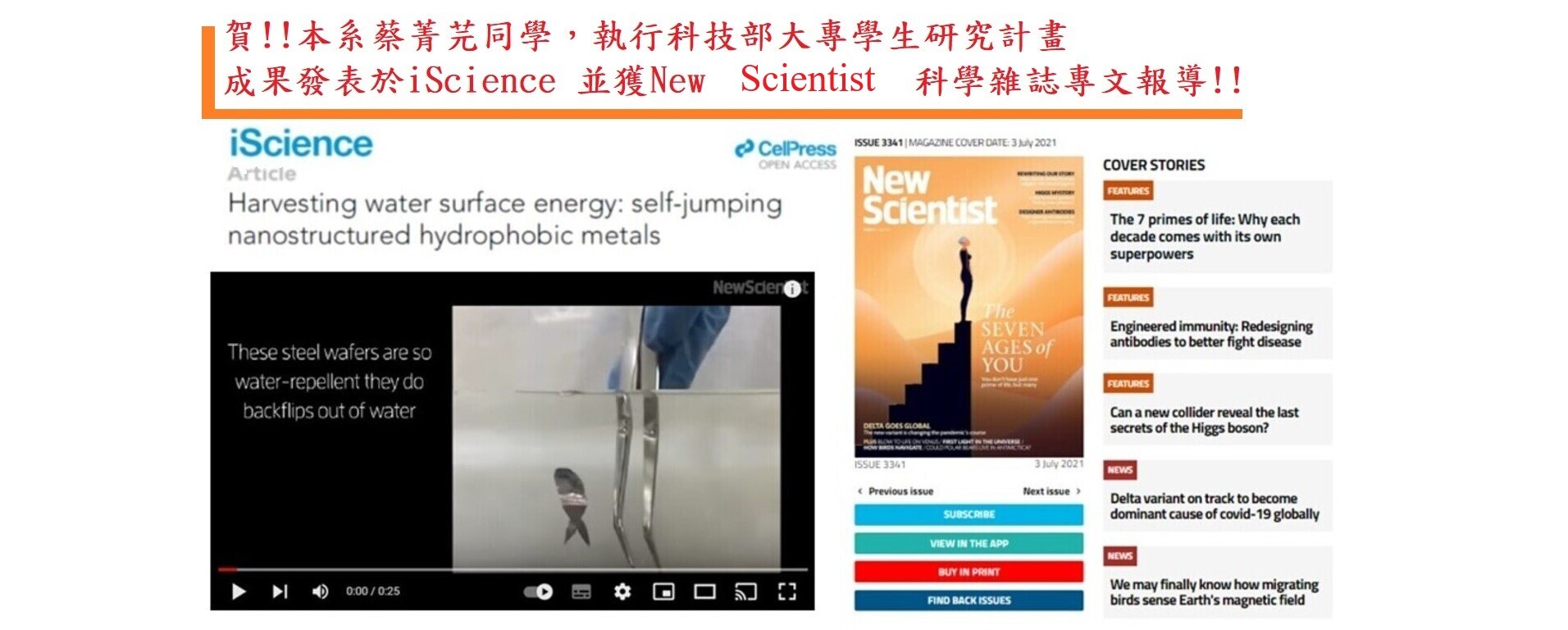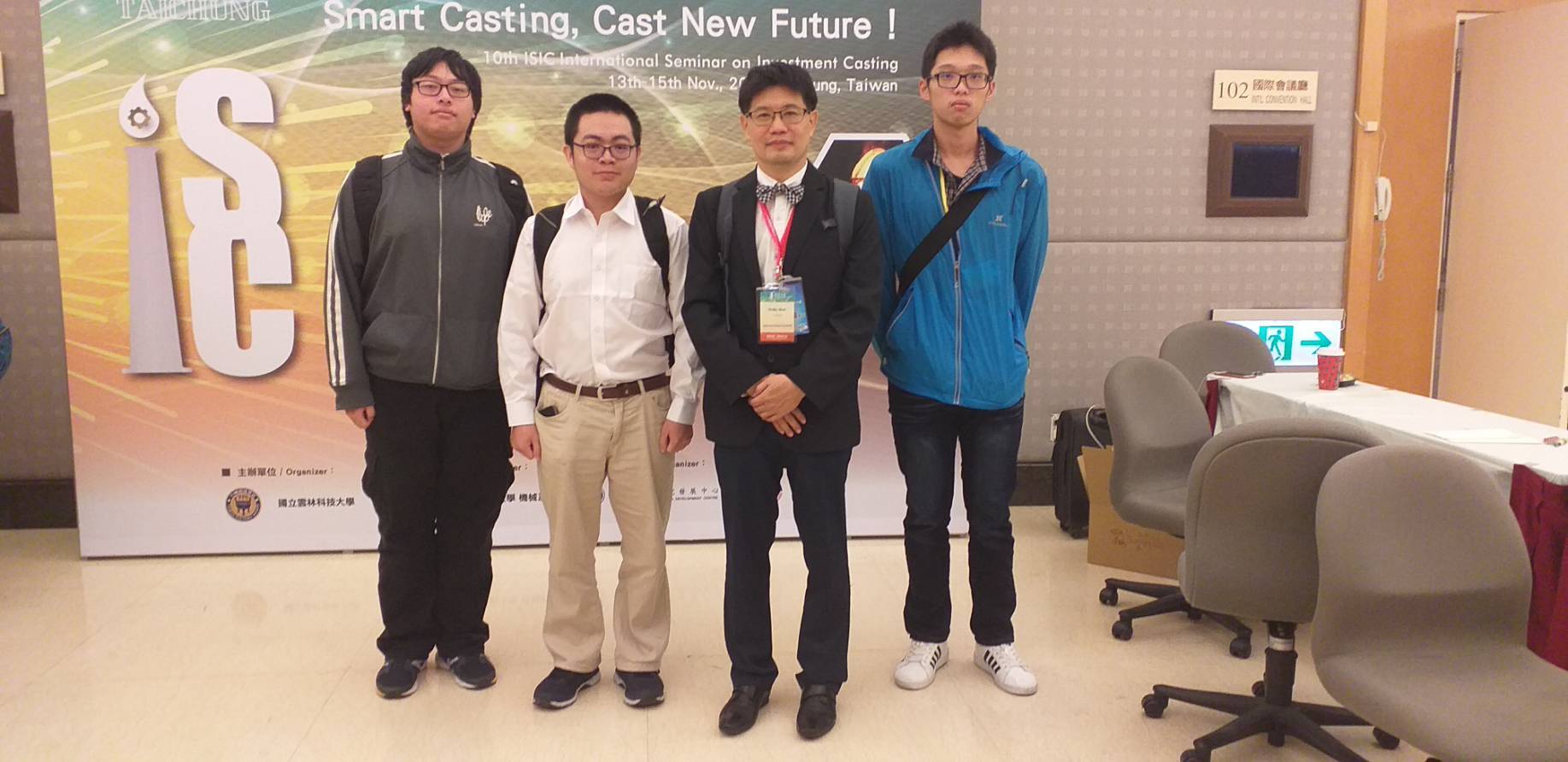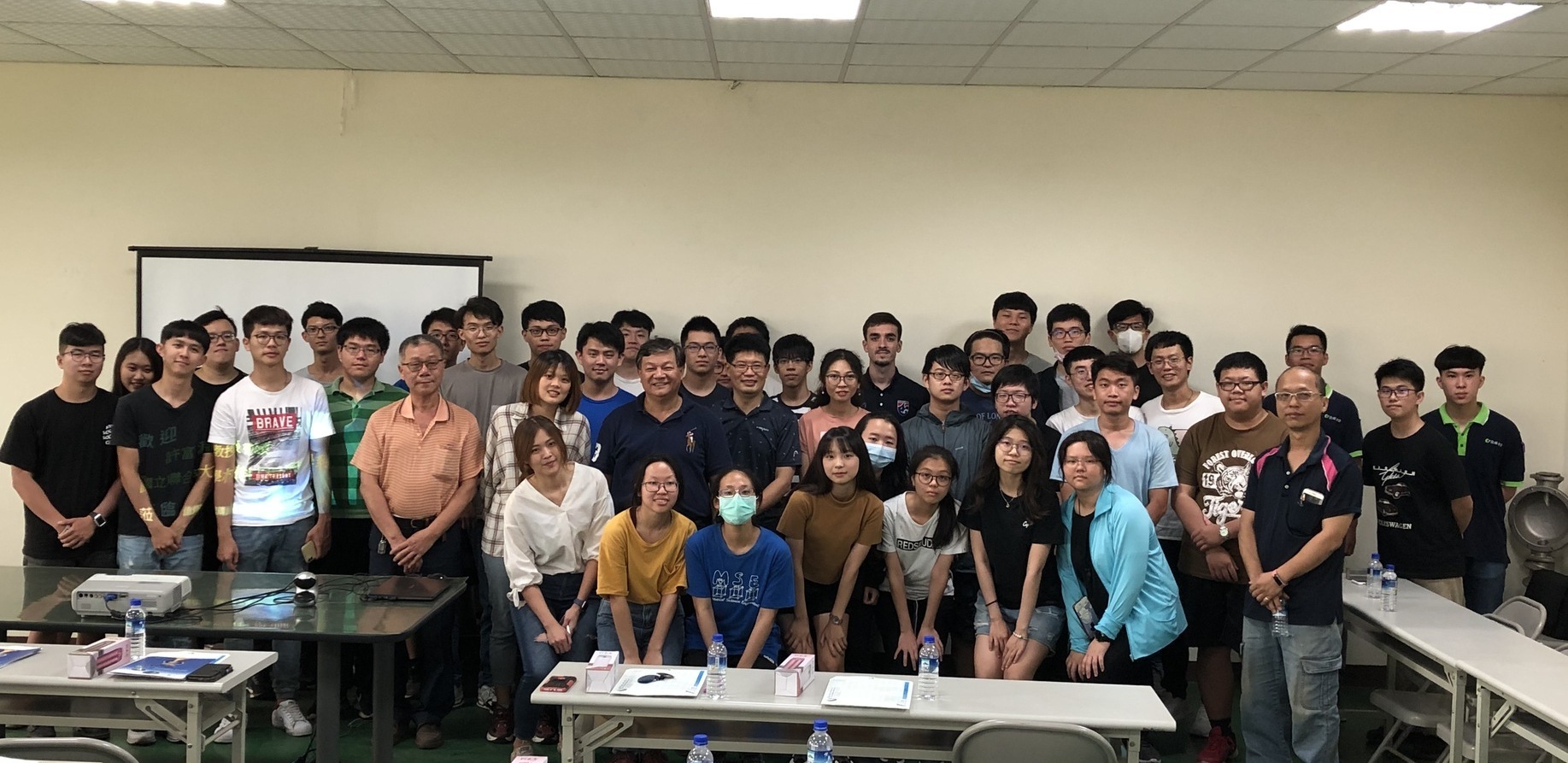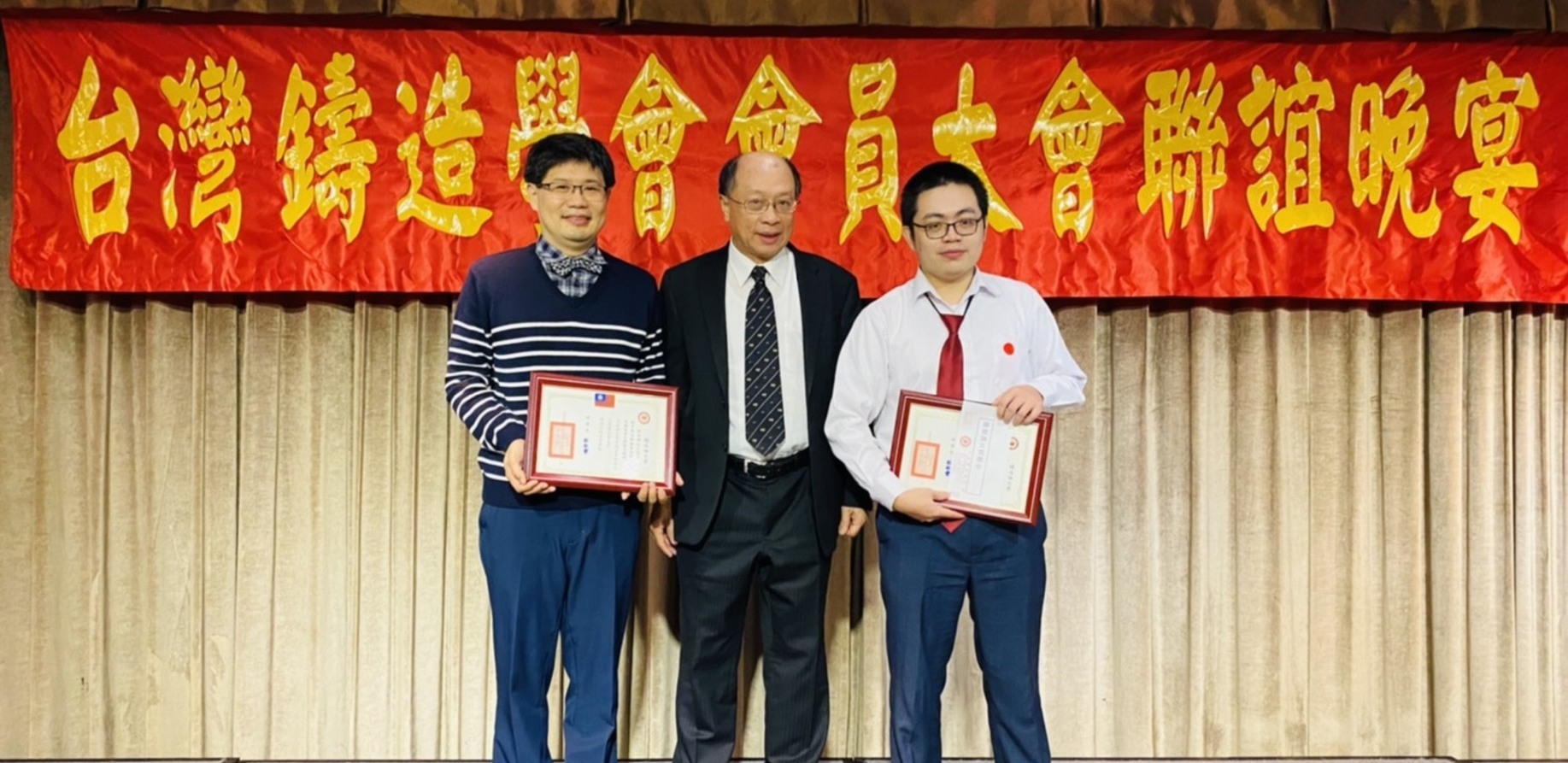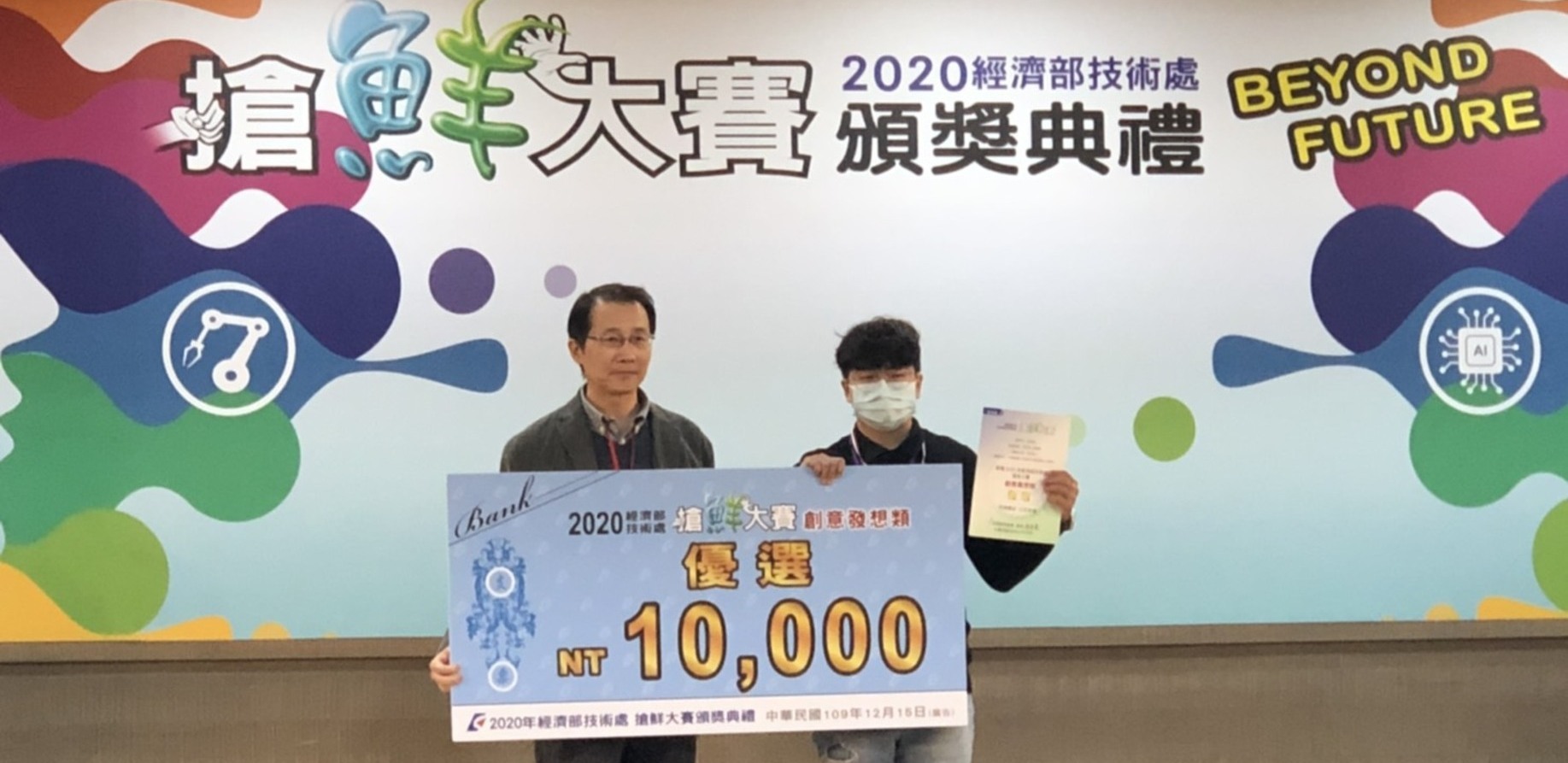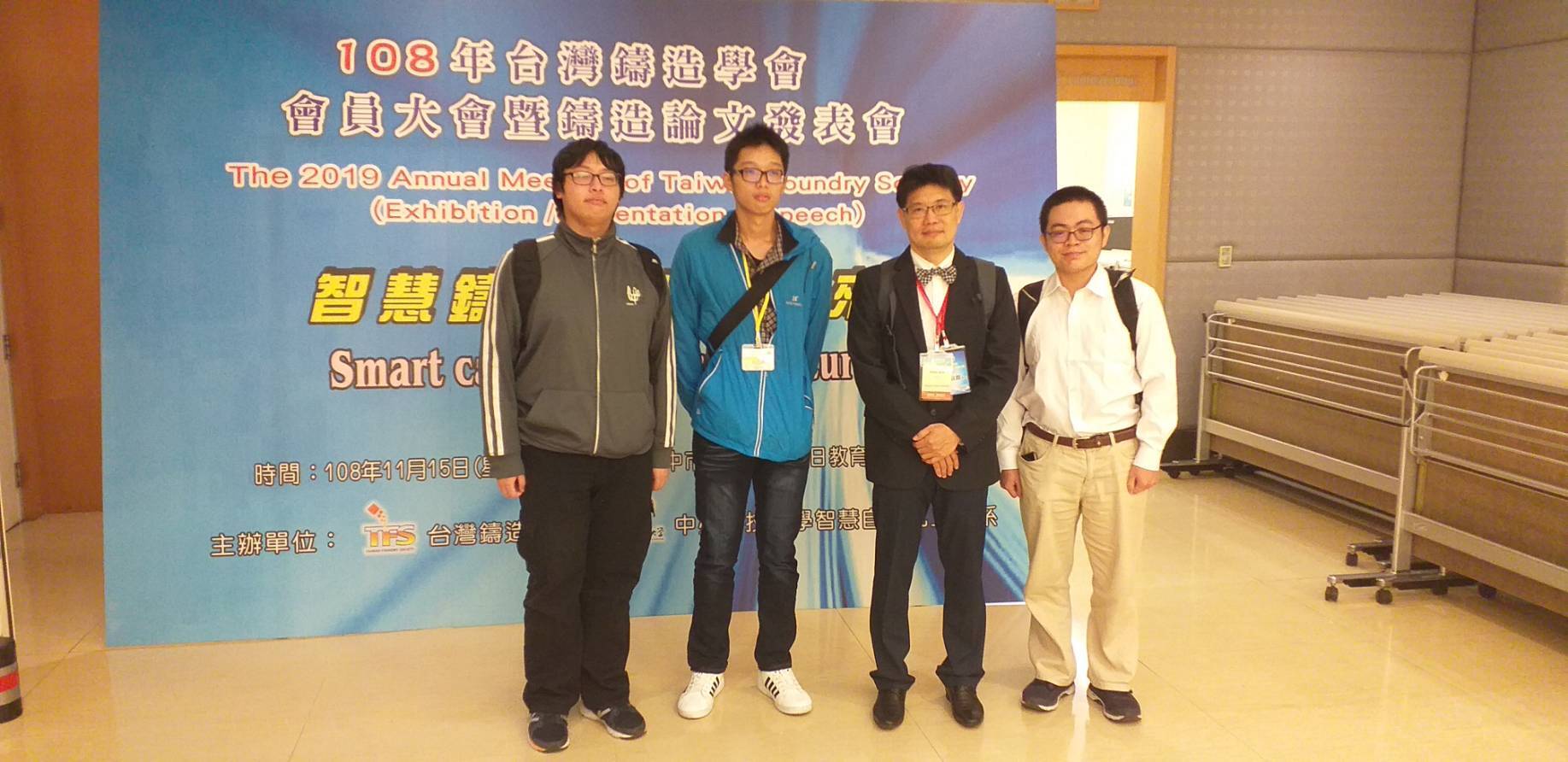Curriculum Design
Curriculum Design
Curriculum Design for Undergraduate Students
The curriculum of this department is structured into four main components, following the progression of students' studies:
- Fundamental Materials Courses
- Bridging Courses Between Fundamental and Professional Studies
- Professional Courses
- Advanced Professional Courses
In response to evolving industry demands and faculty research expertise, professional and advanced professional courses are categorized into four specialized fields: Metal, Ceramics/Glass, Semiconductor, and Polymer Materials.
This document also outlines the characteristics of these courses, academic regulations, and the department's commitment to fostering practical skills and continuous improvement.
Metal Materials Field
The metal materials field focuses on teaching students the fundamental theories and applications of metal materials in precision machinery, electronic information products, aerospace, chemical industries, and emerging energy sectors. This specialization integrates surface treatment technologies and lightweight materials to develop new applications in advanced industries.
Advanced courses in this field emphasize metal smelting, processing, phase transformations, and mechanical properties, equipping students with the expertise needed to design and apply manufacturing technologies for specialized alloy materials. The curriculum also highlights current research trends in energy, aerospace, and materials processing technologies, ensuring that students gain both theoretical knowledge and practical training. Graduates from this field are well-prepared to become materials engineers with a strong foundation in both theory and hands-on application.
Ceramics/Glass Materials Field
Ceramic and glass materials play a crucial role in metal, electronics, and optoelectronic industries, particularly in semiconductor manufacturing and applications related to electricity, optics, and energy. This specialization forms a core area of the department's teaching and research efforts.
Students gain knowledge essential for the ceramic/glass industries, including active and passive components, while also developing expertise in semiconductor devices, optoelectronics, and communication components. The curriculum emphasizes advanced process technologies and cutting-edge applications, ensuring that students not only grasp theoretical concepts but also acquire practical skills that enhance their competitiveness in the job market.
Courses in this field focus on the fundamental theories of ceramics and glass, their electrical and optical properties, and their manufacturing processes. By combining academic knowledge with practical training, students are prepared to become materials engineers with expertise in both theoretical and applied aspects of ceramic and glass materials.
Semiconductor Materials Field
Semiconductor materials are vital to electronic and optoelectronic industries, which are among the fastest-growing high-tech sectors. Strong government support has led to abundant job opportunities and competitive salaries in this field.
The department emphasizes the properties and processing technologies of semiconductor materials, which are essential for modern materials science. In addition to core coursework, students are encouraged to take specialized subjects to build a comprehensive foundation in semiconductor materials and engineering.
Recommended coursework includes:
- Second-year courses: Quantum Physics, Semiconductor Physics, and Physical Properties of Materials.
- Third- and fourth-year courses: Semiconductor Materials, Materials Analysis, Materials Dynamics, Solid-State Physics, Photoelectromagnetic Properties of Materials, Diffusion Theory, Interface Chemistry, and Optoelectronic Materials.
- Electives in advanced topics: Semiconductor Manufacturing, Optoelectronic Components and Processes, Nanomaterials, Thin Film Technology, Energy Materials, Instrumentation Analysis, Electronic Packaging, Nano-Detection Technology, Advanced Materials, Computational Materials Science, and Materials Selection & Design.
By completing these courses, students gain a strong foundation in materials engineering and semiconductor technology, preparing them for careers in emerging applications and future industry advancements.
Polymer Materials Field
The polymer materials field focuses on teaching students the fundamental theories and applications of polymer materials, expanding their use beyond traditional applications. Polymers are increasingly utilized in electronics, chemical industries, and emerging energy sectors.
Compared to conventional materials, polymers offer advantages such as lower processing costs, ease of fabrication, suitability for large-area manufacturing, flexibility, and lightweight properties. These benefits make polymer-based technologies a viable alternative to traditional silicon-based industries.
This specialization places a strong emphasis on the optical and electrical properties of conductive polymer materials, leveraging these properties for the development of commercially viable products.
To enhance students’ expertise in polymer materials, the curriculum includes advanced courses such as:
- Quantum Physics
- Polymer Physics
- Organic Optoelectronic Devices
These courses equip students with the necessary skills to design, manufacture, and apply polymer materials in advanced technological applications, fostering innovation in the field.
This structured curriculum ensures students develop both theoretical expertise and practical skills in materials science and engineering, preparing them for successful careers in academia, research, and industry.

